The Worst Advice I’ve Ever Received
Seeking business advice from the right people pays off more than you'd expect!
I have a friend who is a doctor. It’s always interesting to hear his stories from patients with a health issue and took medical advice from a friend (or webMD). I’m sure you also know someone who will listen to anyone who confidently gives advice; even if they don’t know the difference between a stethoscope and a gyroscope. It's time to think through the advice you are receiving.
In the world of team performance, we hear from business owners and leaders who take advice from friends, colleagues and family members. On one occasion, a business owner described a time when he thought he received great advice from a bartender who recently graduated college. While it could be possible that she had some unexpected insight about what drives team performance and individuals behaviors, the advice he followed resulted in unexpected turnover and a higher level of disengagement within his team.
When you have a medical issue, it is easy to assess the expertise of a doctor or other medical practitioner. You can investigate where they studied medicine or you can go to websites like ratemds.com. But how can you assess the expertise of a professional who can help you evaluate and improve the performance of your leaders and employees? The results of team and leader effectiveness initiatives can be difficult to measure. As a result, a leader may not realize that a program was marginally effective if they have not seen the benefits of a successful intervention.
Leaders can consider the following criteria when identifying and evaluating leadership and team effectiveness experts:
Have they succeeded and failed at leading teams?
Developing strategies to improve performance requires both art and science. Consultants who have not experienced failures when leading teams might rely too much on a singular approach that won’t work in every situation. To have the greatest impact, strategies and approaches need to be modified and adapted to meet your organization’s unique characteristics and culture.
Do they have a Proven Process?
While every situation is unique, using a standard, proven framework is a great start to diagnosing key issues and developing some initial approaches to address the pain points. The best frameworks are developed through industry research and with methodologies that have been proven with data and analysis. Consultants should be able to describe the key principles and underlying sources of research that was used to develop their framework.
Does the consultant have technical expertise?
Gaining expertise in team and leader effectiveness in different from learning how to be an accountant or an engineer. Credible and technical experts perform a significant amount of individual research to learn more about team and leadership effectiveness issues. They become experts at assessment tools and approaches, competency models and frameworks, and coaching and development strategies.
Before taking advice from a colleague or even a consultant, consider the factors above to evaluate their experience, knowledge and expertise. This will help you increase the likelihood of finding the right consultant to improve your team’s and leader’s performance.
We have credible experts who have succeeded and failed at leading team, with our new proven process we take what we have learned from those successes and failures to help you succeed! Get in touch with us today!



